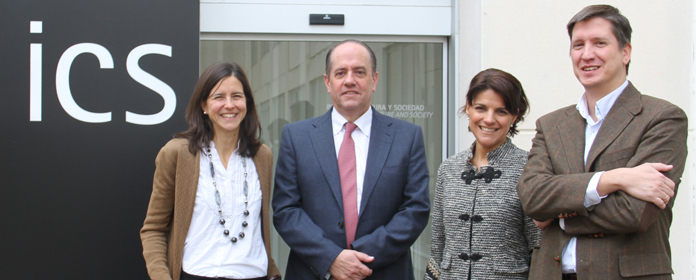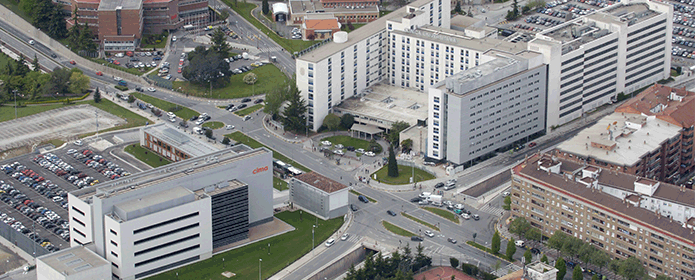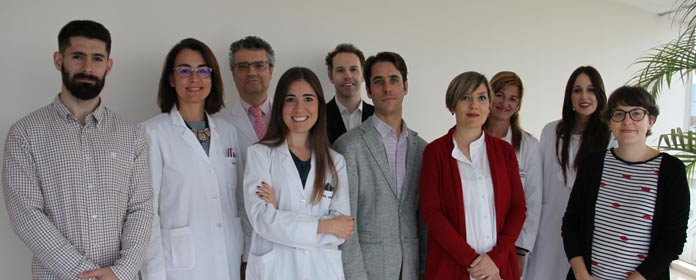Forced sex in Congo strongly associated with HIV infection
This is confirmed by a work led by researchers at the University of Navarra and which has had 1,614 participants, 34% of whom have suffered such abuse.

PHOTO: Elena Beltrán
Forced sexual intercourse in the Democratic Republic of Congo is strongly associated with HIV infection, as confirmed by a research led by the project 'Education 'of affectivity and human sexuality' of the Institute for Culture and Society (ICS) of the University of Navarra. The work has been published in the medical journal Plos One.
The study included 1,614 participants, who receive voluntary HIV counseling and diagnosis in a hospital in Kinshasa. Thirty-four percent of them reported having been victims of this subject of assaults.
Women are more prone to suffer them, as well as people between 25 and 49 years of age, with multiple or simultaneous sexual partners throughout their lives, and those who reported higher alcohol consumption. Also, compared to married people, single, divorced or widowed women are more at risk.
The researchers describe other problems that may increase sexual abuse of women: "Some African beliefs and practices provide a social environment for men to consider women as property.
In turn, they point out that they are educated "to believe that men are superior to them and accept violence as a form of discipline ". In addition to these problems, there are also forced marriages, which can lead to abuse.
With respect to men, article notes that they may also be victims of sexual violence. According to national estimates, between 6% and 27% of men have experienced sexual violence in their lifetime in Sub-Saharan Africa.
Policies to prevent violenceThe authors of article stress that "researchers, practitioners, and decision makers should work together to integrate violence prevention into health, social, and educational policies."
To this end, they consider it advisable to identify all factors that could result in risk, in order to include them in counseling interventions: "There is an urgent need for programs and policies focused on reducing the prevalence of forced sex in this population".
The work was funded by the Plan de research of the University of Navarra (PIUNA). On behalf of this center have participated the School of Medicine, the School of Education and Psychology and the project 'Education ' of the affectivity and human sexuality' of the Institute for Culture and Society (ICS).
Also, the high school of research Sanitaria de Navarra (idiSNA) and several entities of Congo have collaborated: Monkole Hospital Center, the ISSI School of Nursing of Monkole, the School of Medicine of the University of Mwene-Ditu and the School of Law of the Catholic University of Congo.




